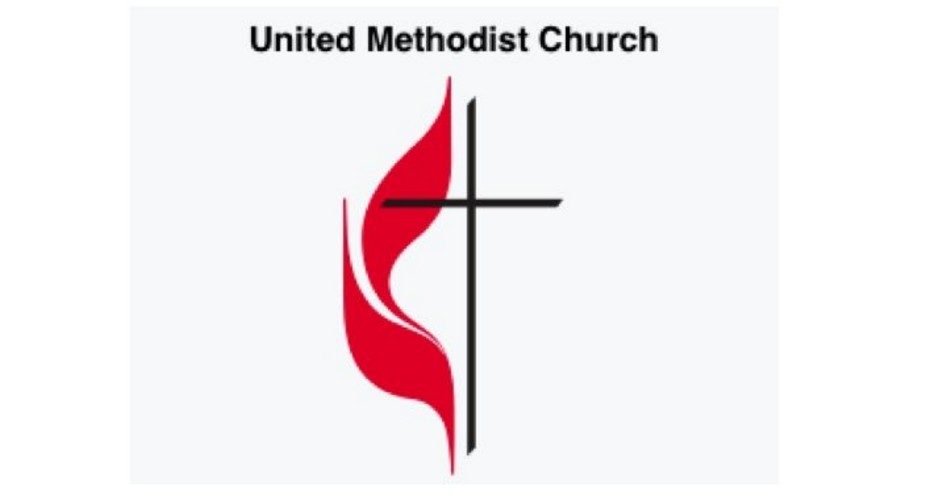
The highest court of the United Methodist Church (UMC) ruled April 28 that the denomination’s western jurisdiction violated church law when it elected an openly lesbian clergy as its bishop. The UMC’s Judicial Council ruled 6–3 that the election last July of Karen Oliveto to serve as bishop of congregations in Colorado, Montana, Utah, Wyoming, and Idaho specifically violated the denomination’s ban on non-celibate homosexual clergy.
“Under the long-standing principle of legality, no individual member or entity may violate, ignore or negate church law,” read the decision, as reported by the UMC News Service. “It is not lawful for the college of bishops of any jurisdictional or central conference to consecrate a self-avowed practicing homosexual bishop.”
However, the Judicial Council added that Oliveto may continue in her role as a bishop and “remains in good standing” until an administrative or judicial process in the case is completed.
The UMC has been under assault by the homosexual activists for several decades, and how the case is ultimately decided could well determine whether or not the denomination changes its biblical stance against practicing homosexuals as clergy.
The New York Times reported that the UMC, which is the nation’s third largest denomination behind the Roman Catholic Church and the Southern Baptist Convention, “adopted language in 1972 declaring that ‘self-avowed practicing homosexuals’ may not be ordained because ‘the practice of homosexuality is incompatible with Christian teaching.’ Methodists have debated that language every four years at meetings of the church’s top decision-making body, the General Conference.”
The issue of whether or not to embrace homosexuality has become so central to denominational dialogue that UMC bishops appointed a special commission to resolve the conflict. The Times reported that a special session of the UMC’s General Conference, scheduled for St. Louis in February 2019, “would be dedicated to resolving the church’s divisions over sexuality issues.”
Predictably, the ruling against Oliveto prompted a strong outcry by homosexuals within UMC ranks. A group of 150 homosexual clergy from the denomination, calling themselves the United Methodist Queer Clergy Caucus, published a letter demanding that the UMC be more inclusive of openly homosexual members and ministers. The letter stated that while “complaints are filed against some LGBTQI [Lesbian, Gay, Bisexual, Transgender, Queer, and Intersex] individuals, we consider them to be against all of us.” The homosexual clergy added that they “stand in support of every clergy person threatened by unjust actions, and our sibling, Bishop Karen Oliveto, as her standing is being challenged before the Judicial Council. Bishop Oliveto’s election is a visible demonstration of what is possible within the United Methodist Church when the gifts, graces, and call to ministry of LGBTQI persons are recognized and fully valued.”
By contrast, other UMC pastors regard the pressure to cave in to homosexual demands as an attack against biblical Christianity. In 2016, the Reverend Jeff Greenway, pastor of Reynoldsburg United Methodist Church in Ohio, wrote that he was brought to tears over the election of Oliveto. “I wept for what I see as a blatant disregard for the authority of Scripture and the law of the church,” he wrote. “I wept for the pain this act will cause. I wept for the spiritual harm that is being done. I wept for the persons with sexual brokenness in our congregation who might be further delayed in finding wholeness in Jesus because of the confusion this might cause. I wept.”
John Lomperis, the United Methodist director of the conservative Christian group Institute on Religion & Democracy, said in a statement that while he was disappointed the Judicial Council had not gone as far as removing Oliveto from her office as a UMC bishop, he was nonetheless optimistic that such “landmark rulings should now make it significantly easier to bring accountability for pastors who choose to violate biblical standards for sexual self-control. We are slowly but increasingly strengthening biblical accountability in our church.”


